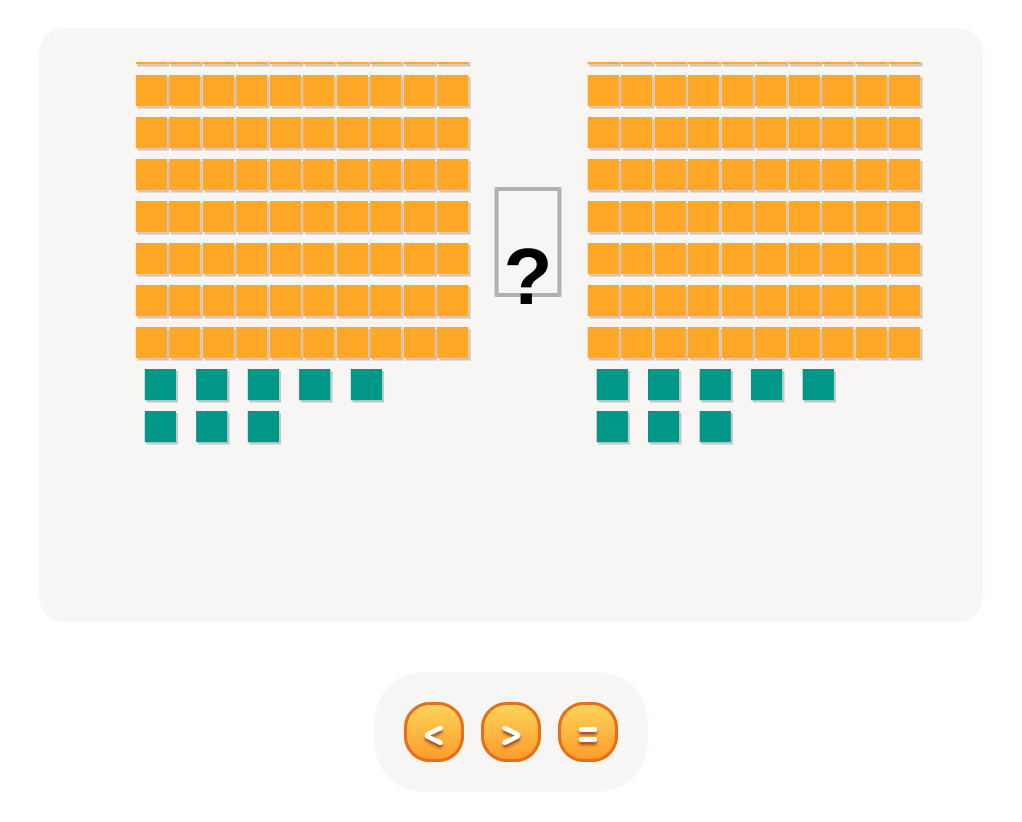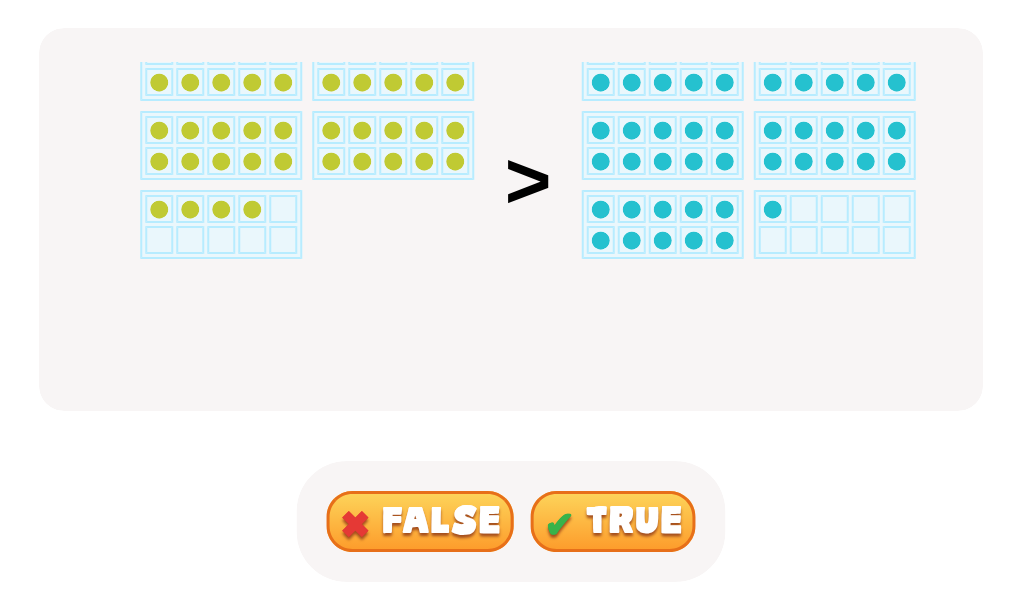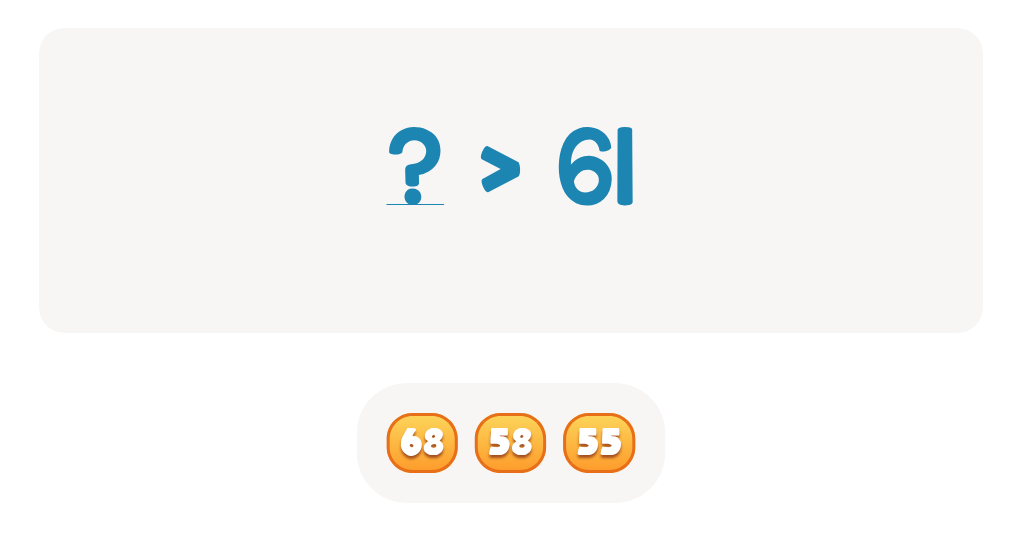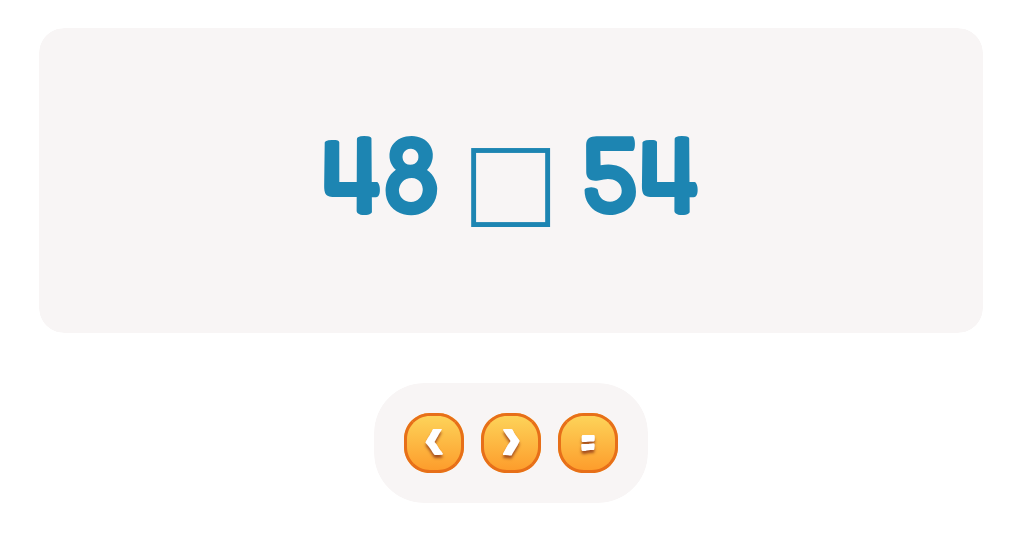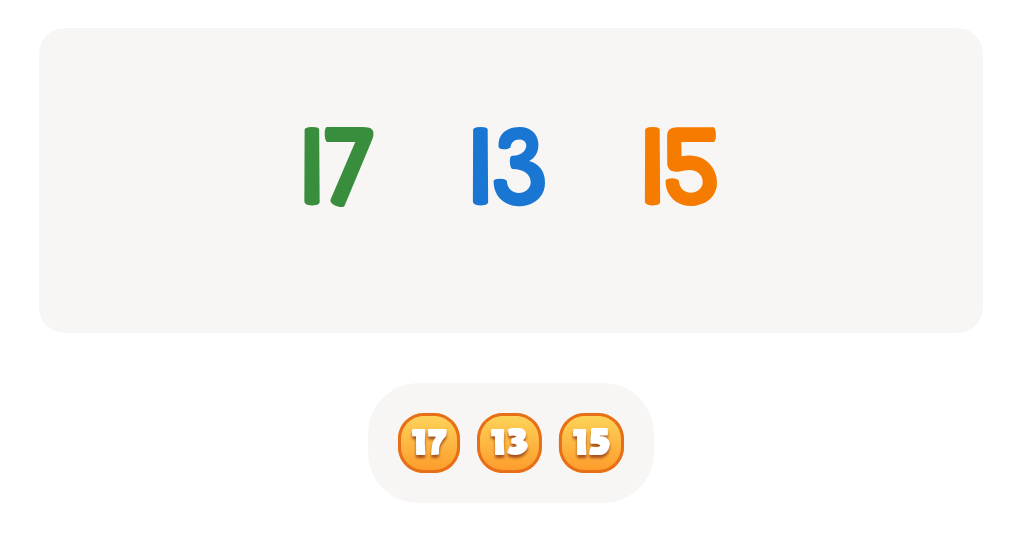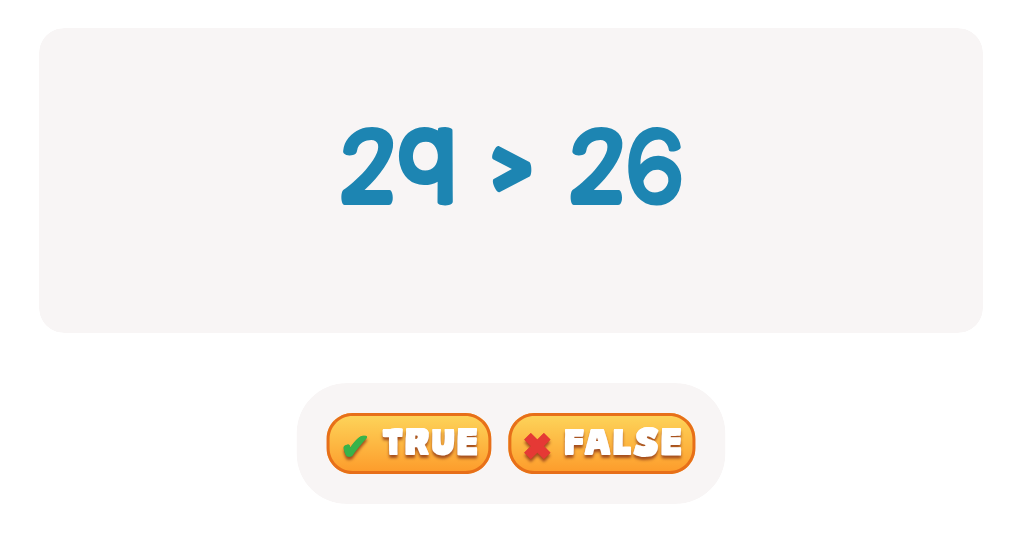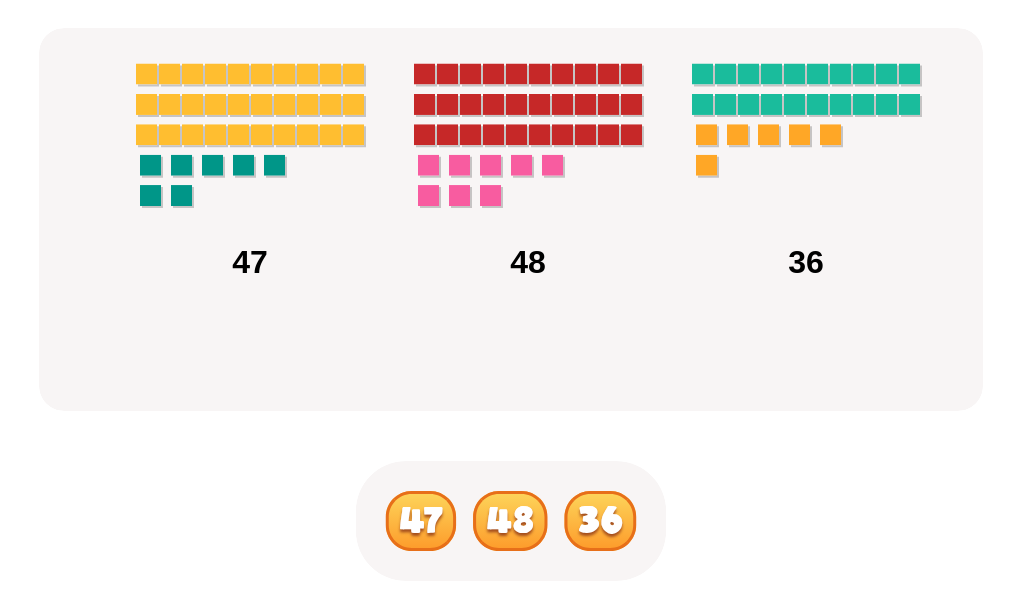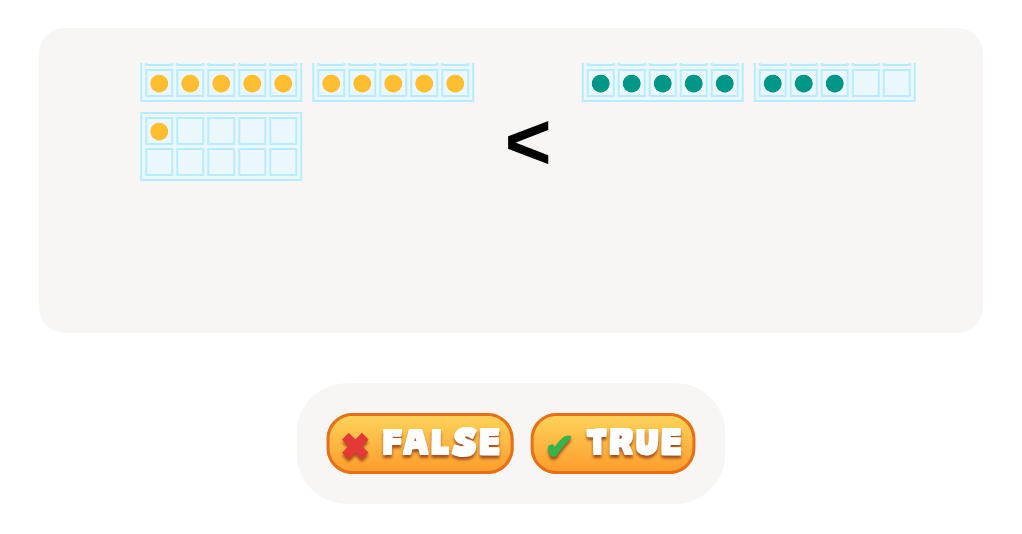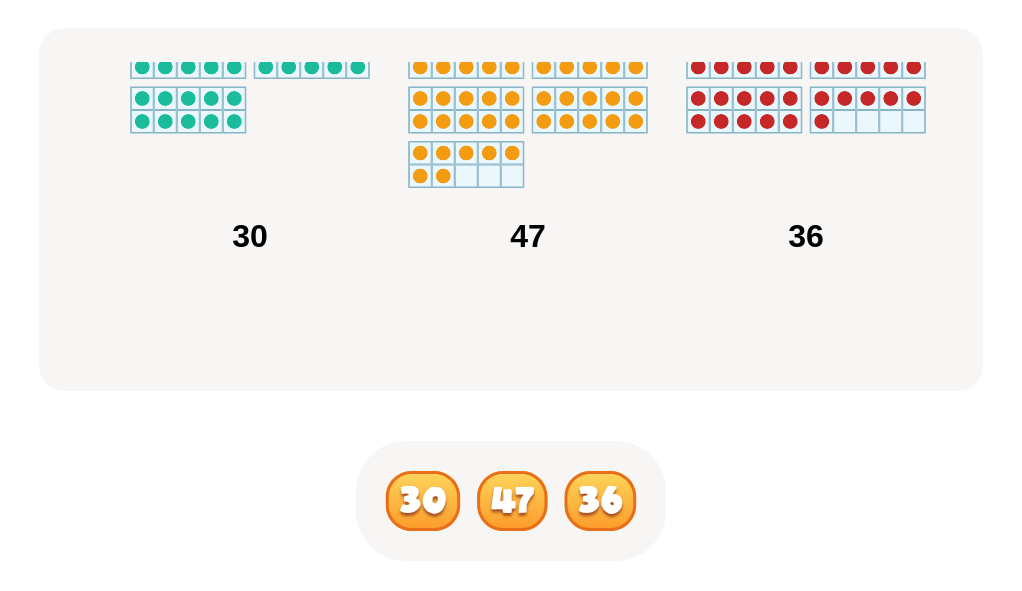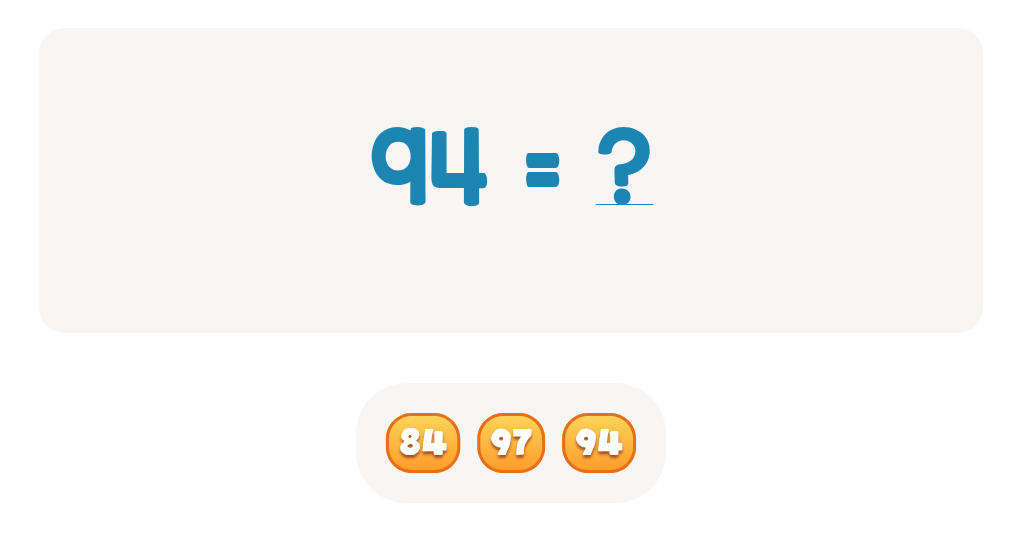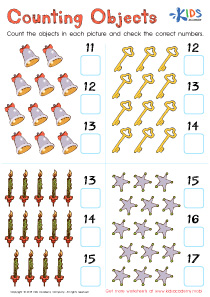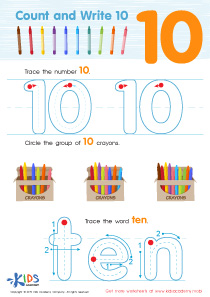Normal Comparing Numbers Worksheets for Ages 7-9 - Page 2
29 filtered results
-
From - To
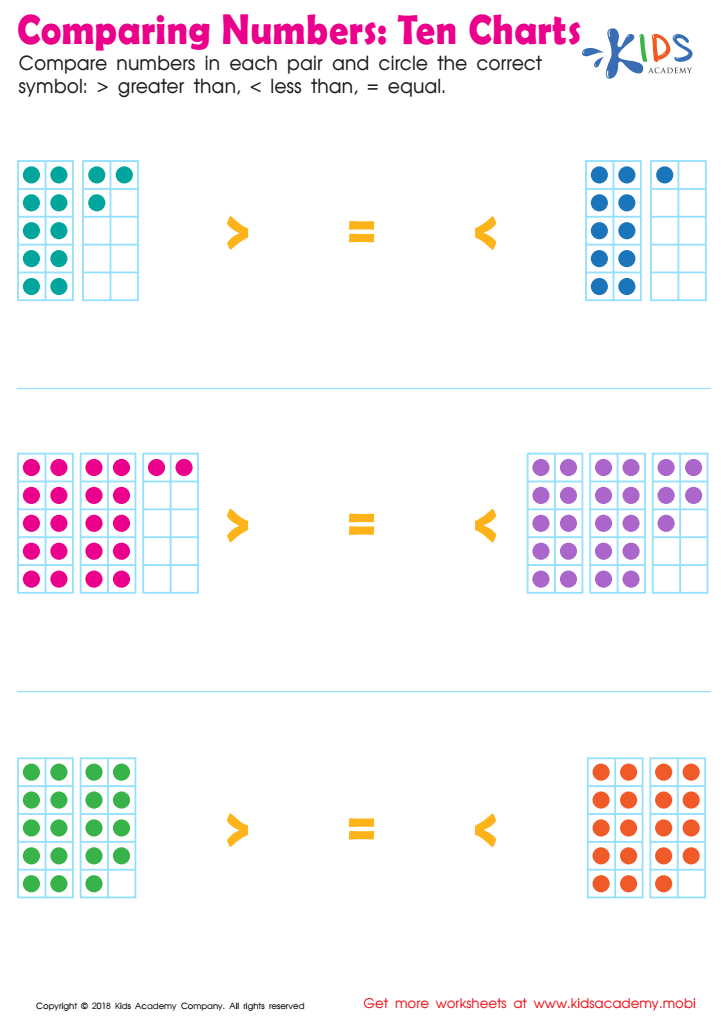

Ten Charts Worksheet
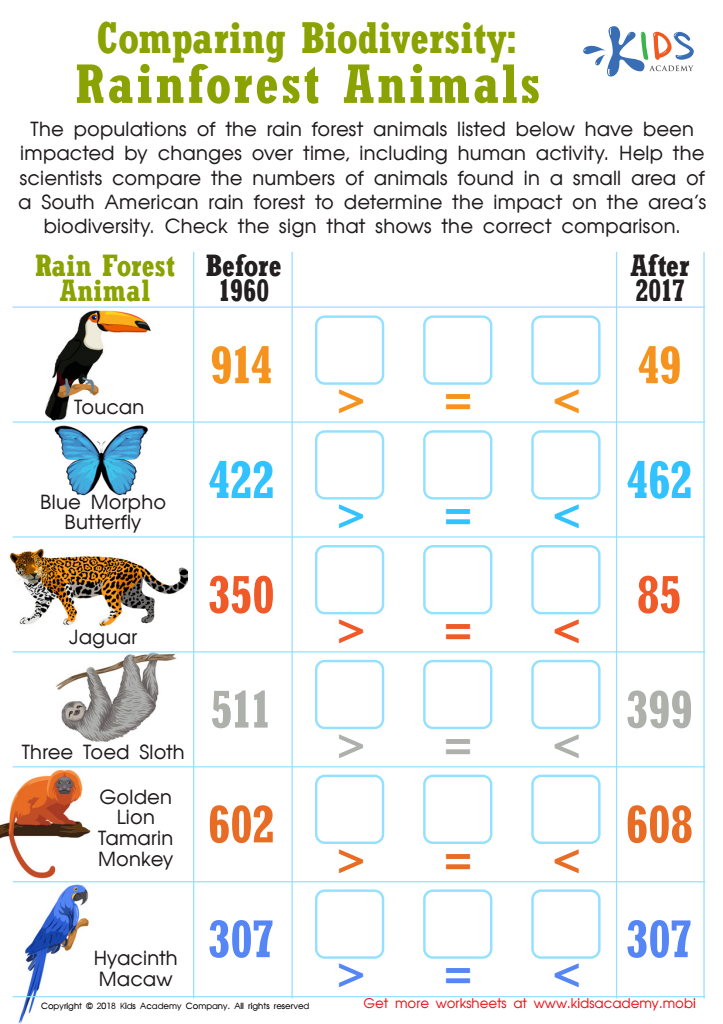

Comparing Biodiversity: Rainforest Animals Worksheet
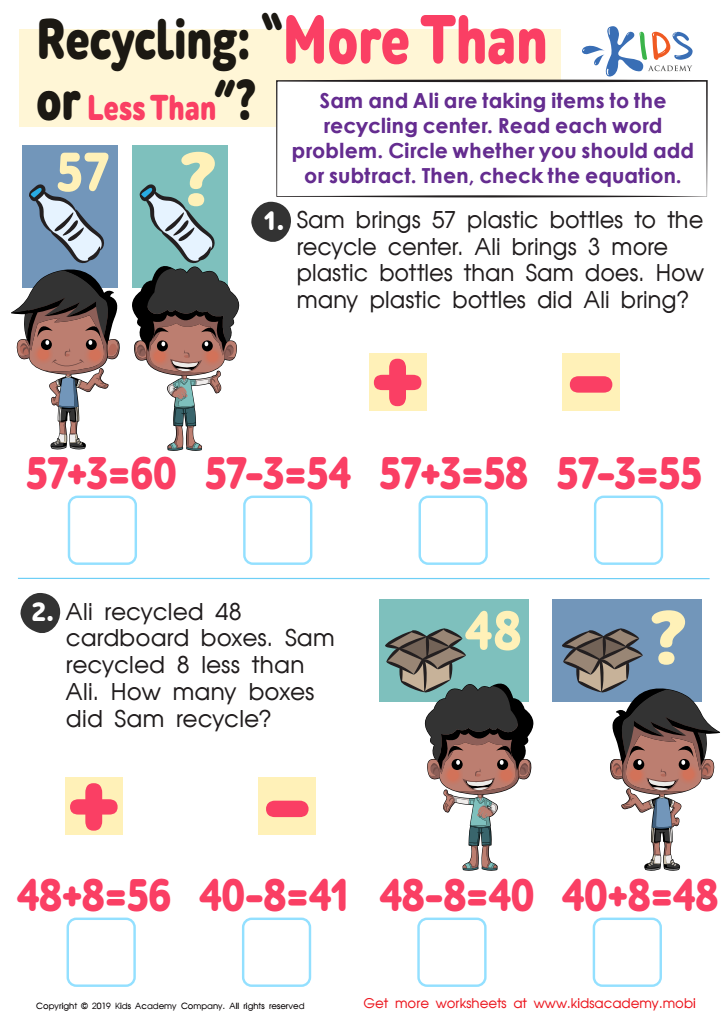

Recycling - More or Less Worksheet
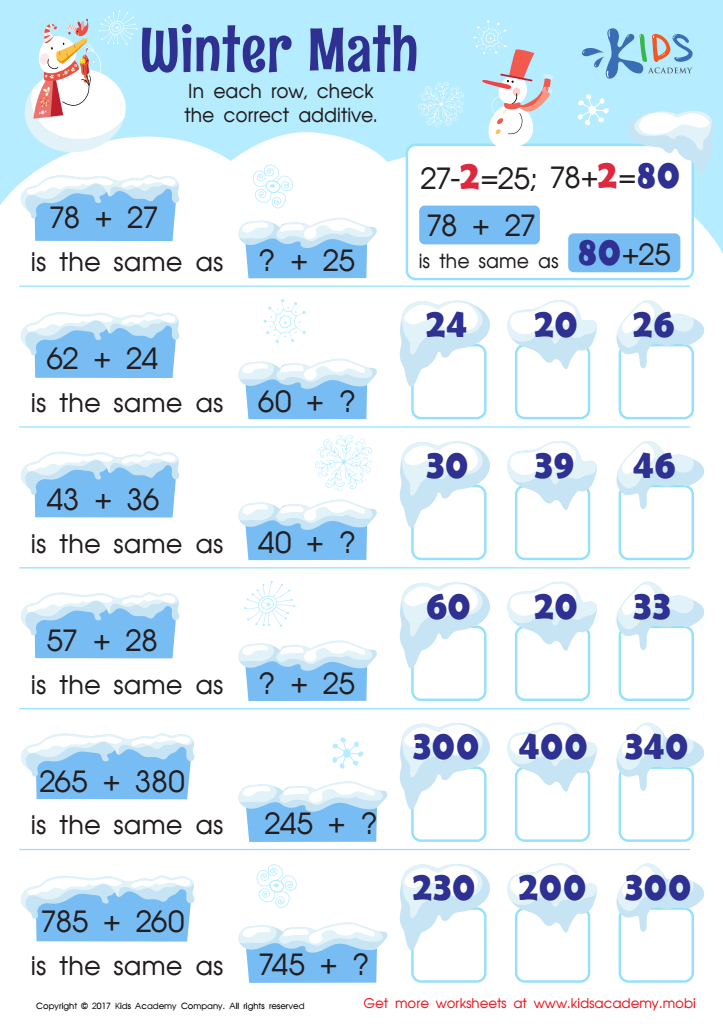

Free Addition Worksheet
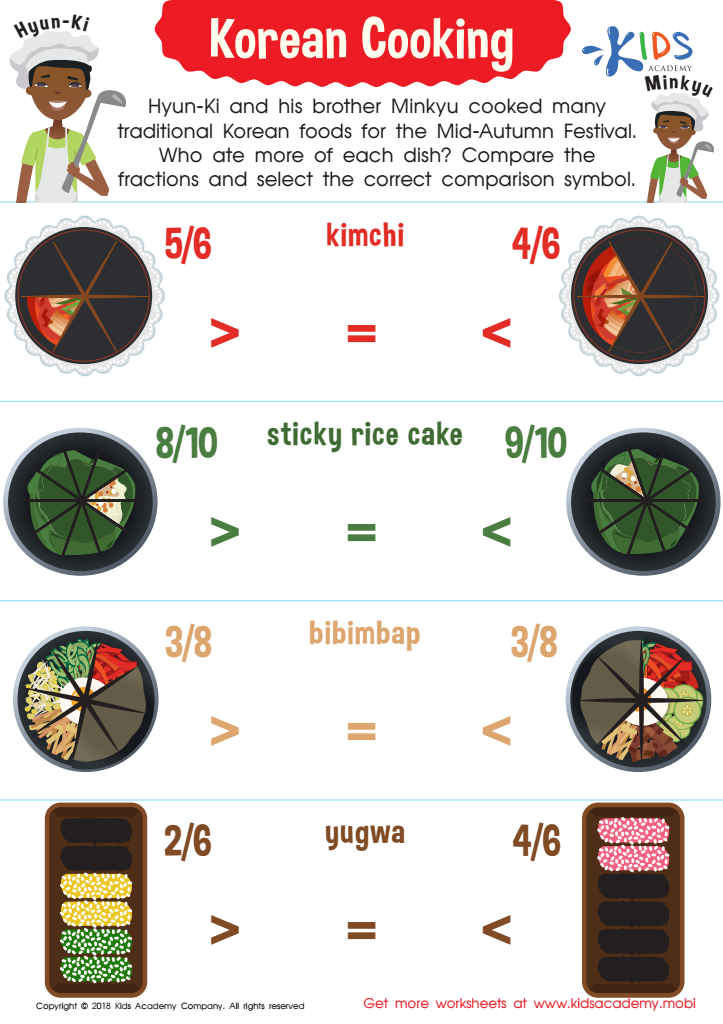

Korean Cooking Worksheet
Normal comparing numbers is a fundamental skill for children ages 7-9, crucial for their mathematical development and everyday life. During this stage, students learn to recognize and understand the relationship between numbers, aiding their ability to make sense of larger concepts in math, such as addition, subtraction, and place value. Comparing numbers helps children develop critical thinking skills, enabling them to analyze information and make informed decisions.
For parents and teachers, fostering this skill is essential. It enhances children's confidence in mathematics, an area where many struggle. When children can effectively compare numbers, they are better equipped to tackle word problems and apply their knowledge in real-world scenarios, like budgeting or measuring.
Additionally, learning to compare numbers lays the groundwork for more complex mathematical operations in higher grades. It also promotes a sense of achievement when children can determine which numbers are larger or smaller, further motivating them to engage with math. Engaging parents in these learning activities encourages positive reinforcement at home, reinforcing the relevance of math in daily life and helping children see its value beyond the classroom.
Overall, nurturing the ability to compare numbers sets children on a path to success in both academics and life.

 Assign to My Students
Assign to My Students
